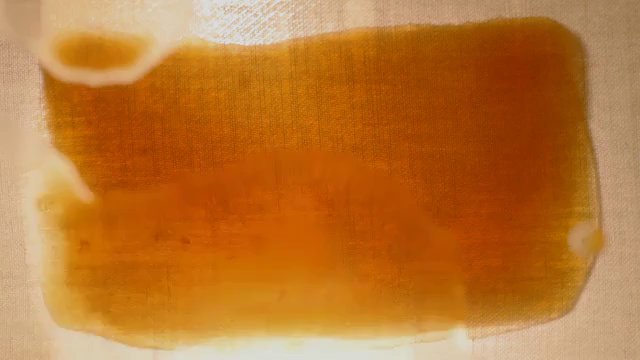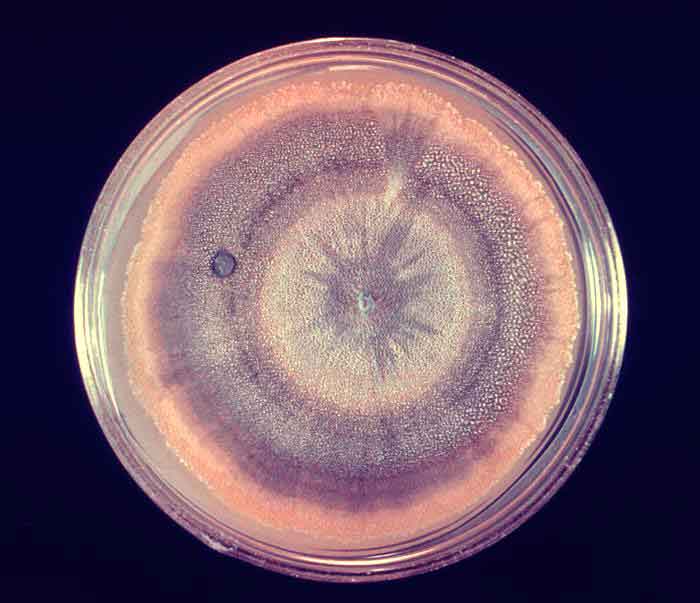I + D
Fermenting obsession: transforming through penicillium
09/09/2023
Fermenting is, above all, transforming: daring to provoke and decontextualise references of all kinds, through a technique that, although ancestral (and hence its immeasurable richness), reaches unsuspected dimensions when practised in a controlled way in Research and Development (R&D) explorations.
The transformation of food that is achieved through the action of enzymes released by microorganisms (bacteria, yeasts, fungi...) blurs, on an organoleptic level, recognisable flavours and textures in favour of unimaginable attributes, bringing such depth and complexity to certain preparations that it has become, at Mugaritz, an almost perverse hobby with which to skirt the boundaries the rotten and the fermented, the beautiful and the decrepit or, in the end, the living and the dead.
Among the different lines of experimentation that we have fattened over time, one outstanding one has to do with the inoculation of fungi such as Penicillium, both roqueforti and candidum. We started around 2015, after trying out proposals with koji and tempeh which, although they gave (and continue to give) interesting results, led us to the same difficulty: to explain to diners what is behind these matters without previous references, without a shared language that would facilitate the understanding of processes or techniques that only a few cooking geeks understand at first glance.
In that sense, Penicillium brought with it a great window, the possibility of establishing connections with close cultural references, about which people surely "have an idea" beforehand, considering that the roqueforti that we inoculate is the same that occurs in blue cheeses (such as Roquefort, for instance); and that the candidum responds, for its part, to cheeses such as Brie or Camembert. In other words, the world of cheese resonates with people, and therefore makes it more friendly.
Getting spores that we could use at home was a first challenge, for which we contacted Laboratorio Arroyos, in Cantabria, specialists in supports required by the dairy industry. To this day they provide us with what we need: although we could produce our own spores on our own, we still believe it is appropriate to go to people who can guarantee the safety and healthiness that this requires.



